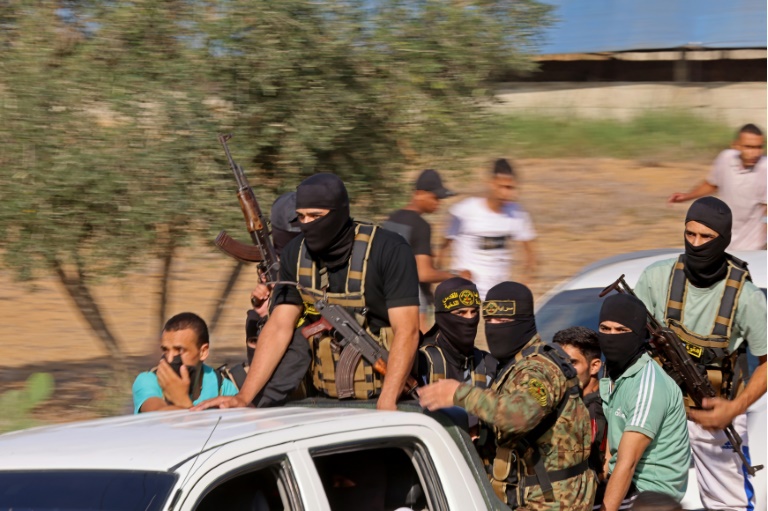Desperate rescuers scrabbled through the night searching for survivors of an earthquake that flattened homes in western Afghanistan, with the death toll of 120 expected to rise Sunday as the extent of the disaster becomes clear.
Saturday’s magnitude 6.3 quake — followed by eight strong aftershocks — jolted areas 30 kilometres (19 miles) northwest of the provincial capital of Herat, toppling swathes of rural homes and sending panicked city dwellers surging into the streets.
Herat disaster management head Mosa Ashari told AFP late Saturday there had been “about 120” fatalities reported and “more than 1,000 injured women, children, and old citizens”.
A spokesman for the national disaster authority said they expect the death toll “to rise very high”.
As night fell in Sarboland village of Zinda Jan district, an AFP reporter saw dozens of homes razed to the ground near the epicentre of the quakes, which shook the area for more than five hours.
Men shovelled through piles of crumbled masonry as women and children waited in the open, with gutted homes displaying personal belongings flapping in the harsh wind.
The World Health Organization (WHO) said more than 600 houses were destroyed or partially damaged across at least 12 villages in Herat province, with some 4,200 people affected.
“In the very first shake all the houses collapsed,” said 42-year-old Bashir Ahmad.
“Those who were inside the houses were buried,” he said. “There are families we have heard no news from.”
Nek Mohammad told AFP he was at work when the first quake struck at around 11:00 am (0630 GMT).
“We came home and saw that actually there was nothing left. Everything had turned to sand,” said the 32-year-old, adding that some 30 bodies had been recovered.
“So far, we have nothing. No blankets or anything else. We are here left out at night with our martyrs,” he said as darkness began to fall.
The WHO said late Saturday “the number of casualties is expected to rise as search and rescue operations are ongoing”.
In Herat city, residents fled their homes and schools, hospitals and offices evacuated when the first quake was felt. There were few reports of casualties in the metropolitan area, however.
Afghanistan is already suffering in the grip of a dire humanitarian crisis, with the widespread withdrawal of foreign aid following the Taliban’s return to power in 2021.
Herat province — home to some 1.9 million on the border with Iran — has also been hit by a years-long drought which has crippled many already hardscrabble agricultural communities.
Afghanistan is frequently hit by earthquakes, especially in the Hindu Kush mountain range, which lies near the junction of the Eurasian and Indian tectonic plates.
In June last year, more than 1,000 people were killed and tens of thousands left homeless after a 5.9-magnitude quake — the deadliest in Afghanistan in nearly a quarter of a century — struck the impoverished province of Paktika.
AFP

AFP







![Shani Louk: Disturbing Video Shows Hamas Terrorists Parading Naked, Battered Body of German Tattoo Artist on Truck after Kidnapping Her from Music Festival [GRAPHIC]](https://data.ibtimes.sg/en/full/70295/shani-louk.jpg)